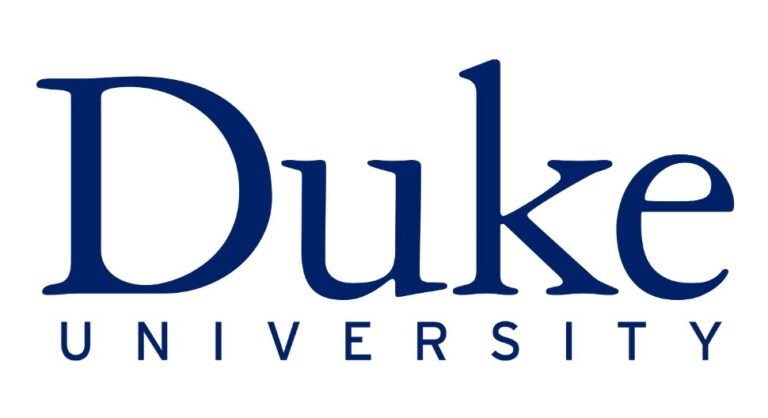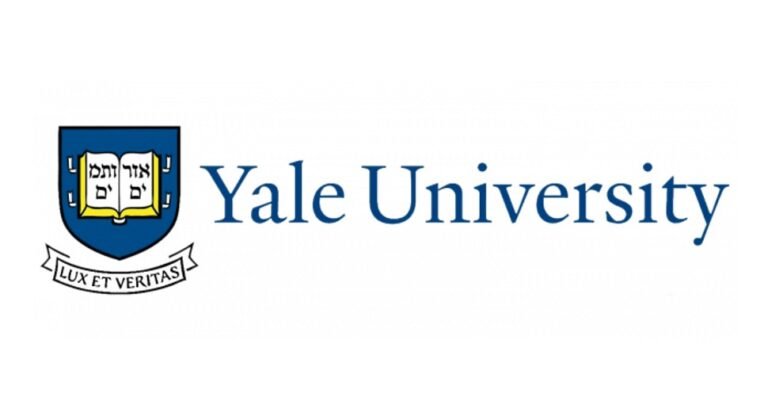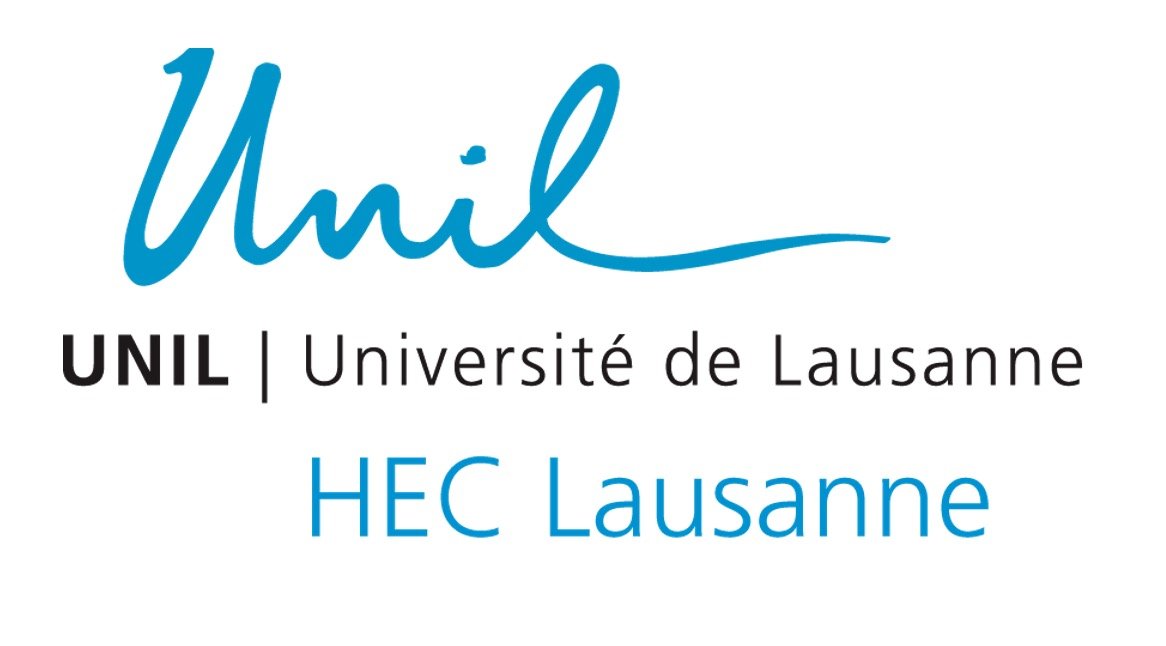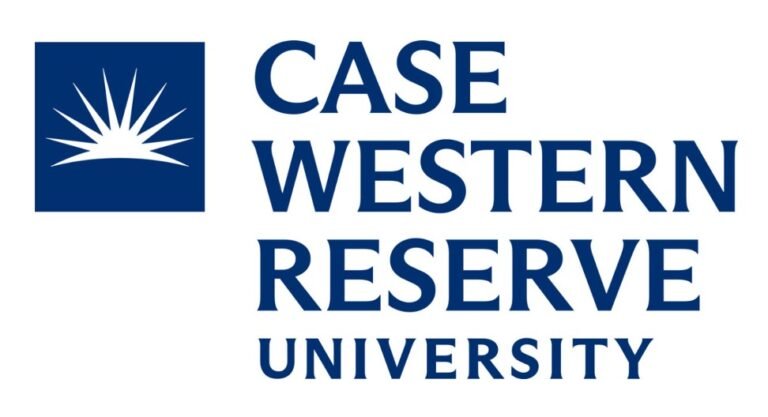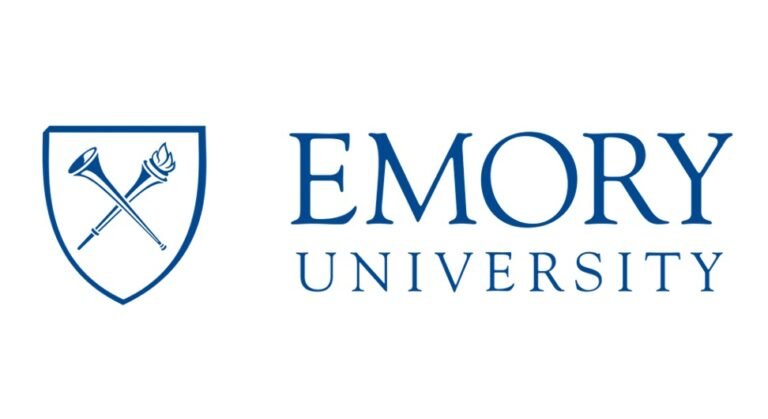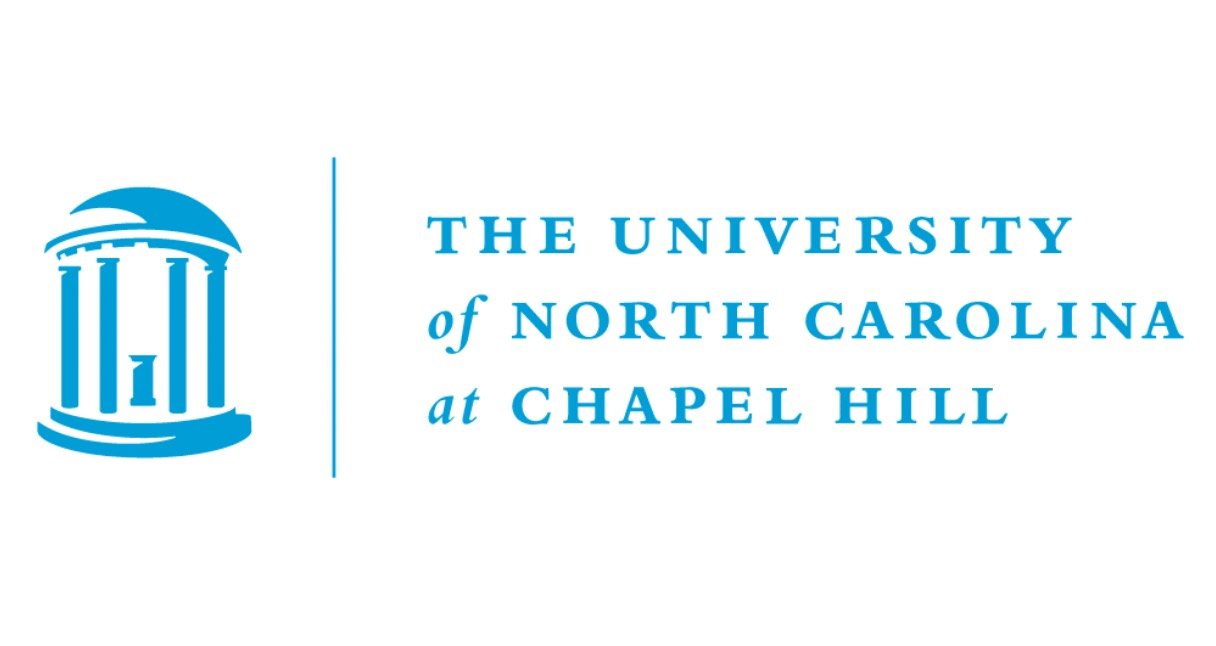The Duke Neuroradiology Division specializes in CT fluoroscopy guided spine intervention procedures to treat pain as well as the diagnostic workup and treatment of patients with CSF leaks and spontaneous intracranial hypotension (SIH). Duke is an internationally recognized clinical and academic center of excellence for imaging guided spine intervention and has been highly productive in practice changing research over the past decade. The postdoctoral associate will integrate as a member of this team to work on research activities under the guidance of a senior faculty mentor in preparation for a full time academic or research career. Duties will include curating imaging and outcomes data, managing research projects and workflow, working with statisticians to analyze data, as well as manuscript and abstract preparation.
Work Performed
DEFINITION:
- The term of the appointment is limited (see Section 5 of the Postdoc Policy for length of appointment).
- The appointment involves full-time research or scholarship.
- The appointment is generally preparatory for a full time academic or research career.
- The appointment is not part of a clinical training program, unless research training under the supervision of a senior mentor is the primary purpose of the appointment.
- The Postdoctoral Appointee functions under the supervision of a mentor or a department at Duke University.
- The Postdoctoral Appointee is expected to publish or prepare to publish the results of his or her research or scholarship during the period of the appointment.
EXPECTATION:
- The conscientious discharge of research or scholarship responsibilities, which may include teaching responsibilities for Postdoctoral Associates
- Conformance to standards of responsible conduct in research
- Compliance with good scholarly and research practice
- Maintenance of a laboratory notebook and/or other comparable records of research activity, which remains the property of Duke University upon termination
- Adherence to University standards regarding use of isotopes, chemicals, infectious agents, animals, human subjects, and the like
- Open and timely discussion with the mentor regarding all facets of the Postdoctoral Appointee’s research activities. Postdoctoral Appointees are encouraged to consult the AAMC Compact Between Postdoctoral Appointees and Their Mentors for suggested guidelines for the Postdoctoral Appointee-mentor relationship
- Prompt disclosure to the mentor regarding the possession and desire to distribute materials, reagents, software, copyrightable and potentially patentable discoveries derived from the Postdoctoral Appointee’s research.
- Collegial conduct towards members of the research group and others as described in the Duke University School of Medicine Honor Code of Professional Conduct and other relevant conduct policies pertaining to other schools at Duke University.
- Compliance with all applicable University and departmental policies and procedures.
